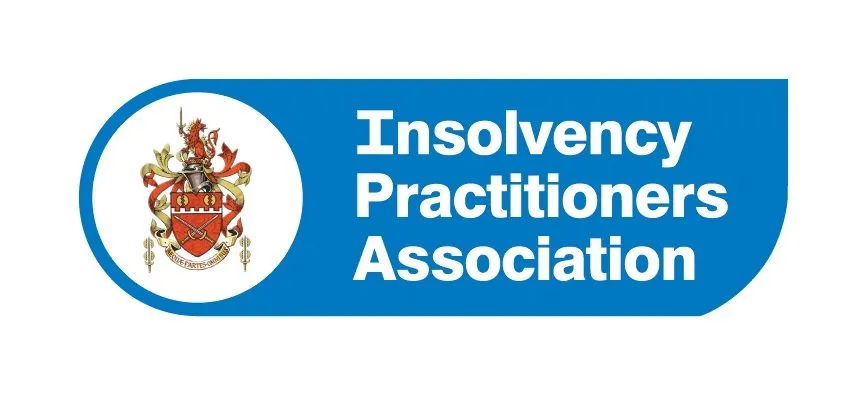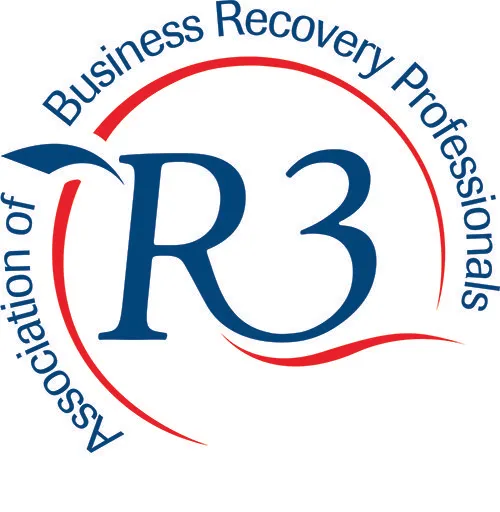There are several aspects to insolvency and, based on what is happening, you may need professional advice. Each situation is different so by talking to us, we can help tailor advice and support.
Below is an overview of some of the solutions Michael will discuss with you when you make contact. For an initial chat about your specific situation which is at no cost (free), please don’t hesitate to contact us.
Informal
If your business is experiencing financial difficulty or creditor pressure, it may be possible to agree payment terms on an informal basis with your creditors. You may require some assistance to make these arrangements and the best way to approach these.
Creditors Voluntary Liquidation (CVL)
The CVL process is instigated by the company director(s) when a conclusion that the company is no longer viable, cannot pay their liabilities on time or have simply run out of cash. It is, however, the shareholder(s) that pass resolutions to wind up the company.
The Company should cease trading straight away with the Bank account no longer operated. No further payments should be made to creditors at this point. Whilst directors can sell the company assets before a liquidator is appointed, it is recommended that advise be sought so that any transaction made could not be challenged by the Liquidator. Usually, the asset sales are undertaken by the Liquidator once appointed.
If the existing Directors, management or employees purchase the assets from the Liquidator (a professional valuation is always recommended) the directors should be mindful that there are strict rules in place in respect of the re-use of company trading names following liquidation, which we can explain further.Compulsory Liquidation (Director/Creditor)
A compulsory liquidation can be commenced by a number of parties such as the directors of the company or a creditor who is owed more than £750. A winding up petition is presented to the company and a hearing at court made (usually between 1 and 2 months after the petition is presented). At the hearing, if the petition is uncontested, the court will grant a winding up order for the compulsory liquidation.
The Official Receiver will immediately be appointed as the Liquidator and would administer the matter including undertaking an investigation into the company and its director conduct.
If you have received a winding up petition and are uncertain what this entails for you as a director, please contact us.Members Voluntary Arrangement (MVL)
A MVL is also known as Solvent Liquidation where the company has come to a formal conclusion and wishes to distribute its assets to its shareholders in the most tax efficient way. It is the Shareholders that appoint a Liquidator.
To commence the MVL process, all (or the majority) of the company’s Directors swear a Declaration of Solvency that the company can pay all its debts, plus statutory interest, in full within 12 months.
The MVL procedure can also be used to restructure the business through what is called a s110 scheme arrangement. If you wish to discuss the MVL process in further detail or receive a quote, please contact us.Company Voluntary Arrangement (CVA)
A CVA is a formal agreement between the Company and its creditors. This may be appropriate when the Company is experiencing cash flow difficulties but has a viable business model. For example, the Company experiences a large bad debt which impacts on the businesses ability to meet its own liabilities, the CVA would give the company breathing space to defer the payment of its own liabilities – this may also give some agreed debt forgiveness (partial write off with the Company’s creditors agreement).
Proposals are drafted and sent to the Company creditors outlining what contributions the Company is proposing to pay over a period of time and what creditors expect to receive and when. Creditors are then asked to vote whether they accept or reject what is proposed.
If the required number of creditors accept the proposal, this will be binding on all creditors.
A CVA has advantages and disadvantages to other insolvency procedures, and a few are identified here. If you wish to discuss proposing a CVA with the Company’s creditors, please contact us.
Advantages
- The Company maintains control of its assets
- The costs of a CVA are significantly lower than an Administration
- There are no investigations undertaken by the Supervisor of the CVA
- If the company has a particular licence or agreement in place that the company is unable to transfer or buy-back such as an Operators Licence in the haulage trade, the CVA enables to continue the business with no interruptions or delays
- Directors remain in control of the business
- Stops any legal action taken by creditors once the CVA is accepted
Disadvantages
- Suppliers may withdraw credit terms and may cause the company issues in obtaining credit in the future
- A CVA does get registered at Companies House
- If the company suffers a loss during the period, the CVA propose is rigid and may not offer an element of flexibility to amend the terms which will ultimately lead to its failure and probably be wound up
Administration
Pre-Packaged Administration
In certain circumstances it may be beneficial for the business to be sold immediately after the appointment of an Administrator in order to secure the continuation of the business which may include securing employees’ jobs. A sale of the business is normally pre-agreed and completed by the Administrator on appointment.
A marketing campaign should be undertaken with the assistance with agent’s advice to achieve the best value possible for the business and its assets. The business may be sold to connected or unconnected parties.
As creditors are not normally consulted on this procedure, the Administrator has to ensure that the creditors interests are not prejudiced.
If you have received a winding up petition or are concerned that your business is or becoming insolvent, please contact us.

